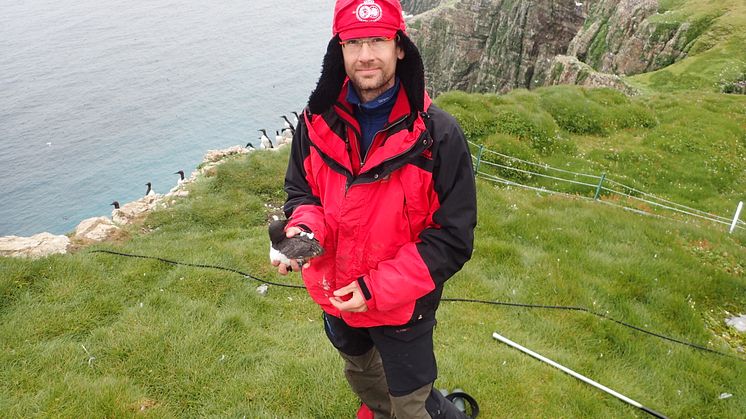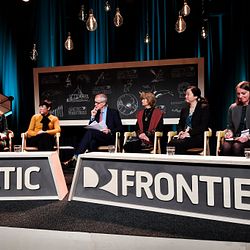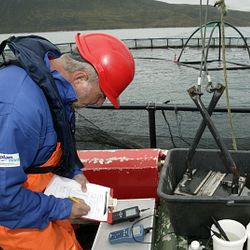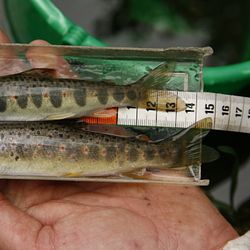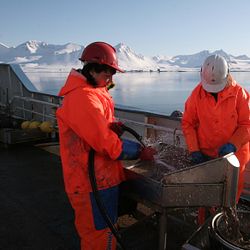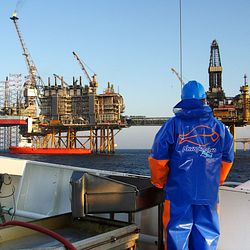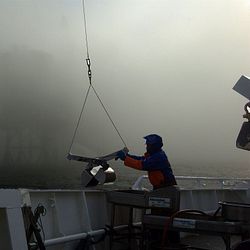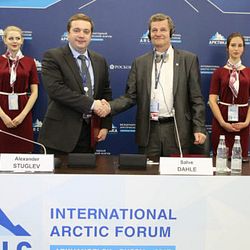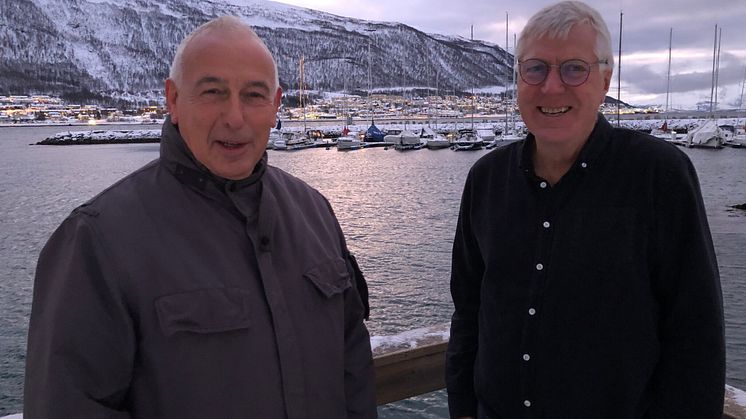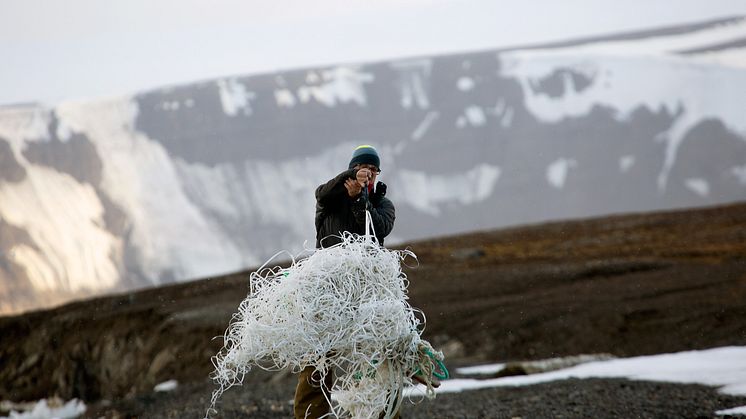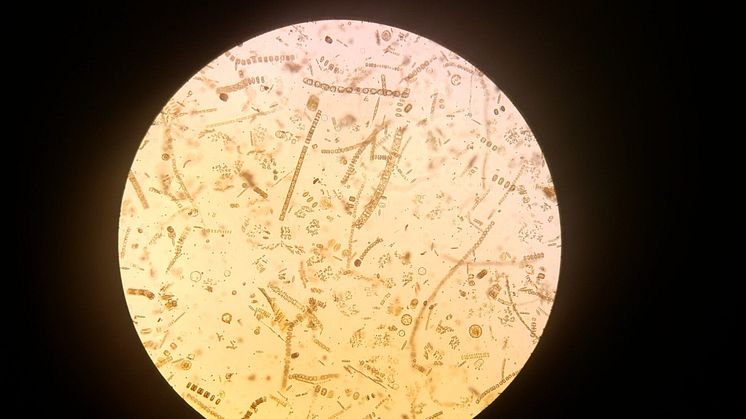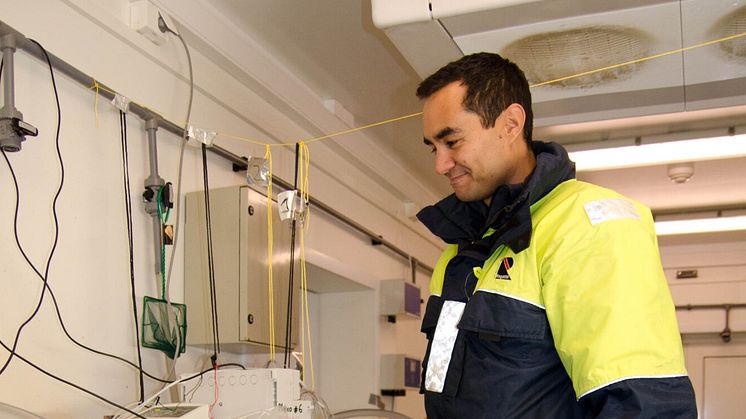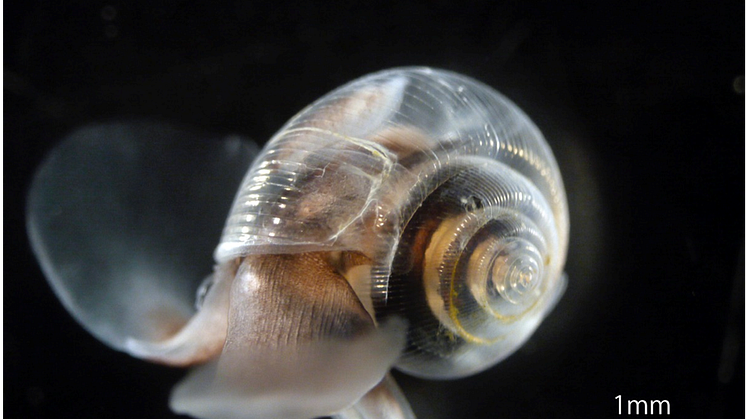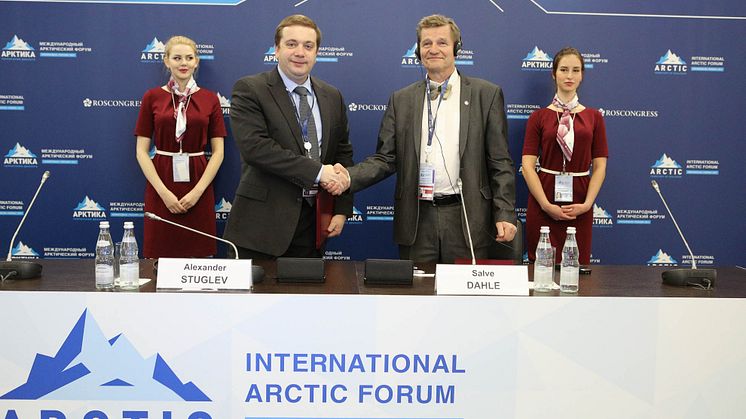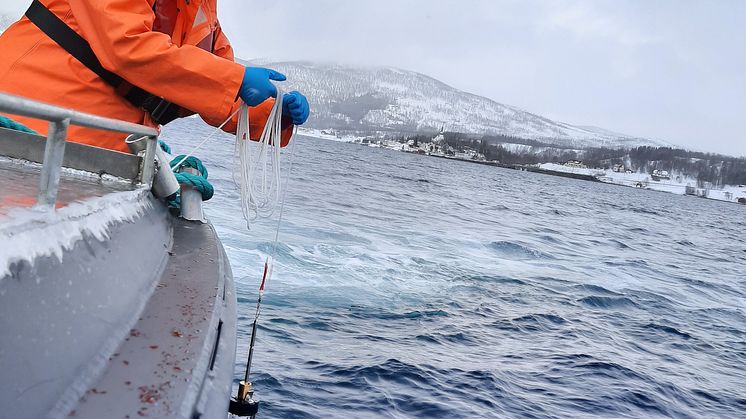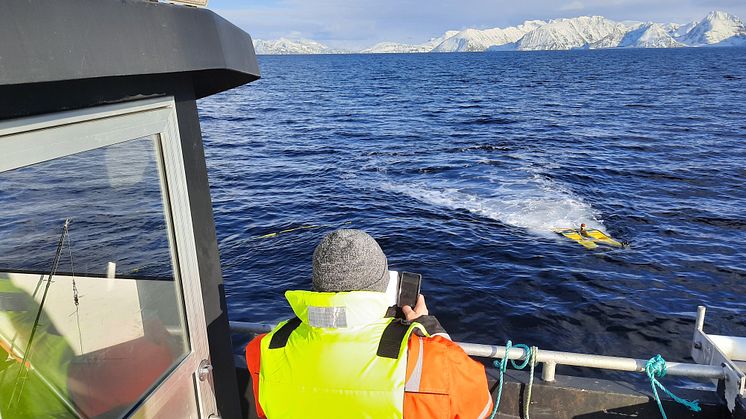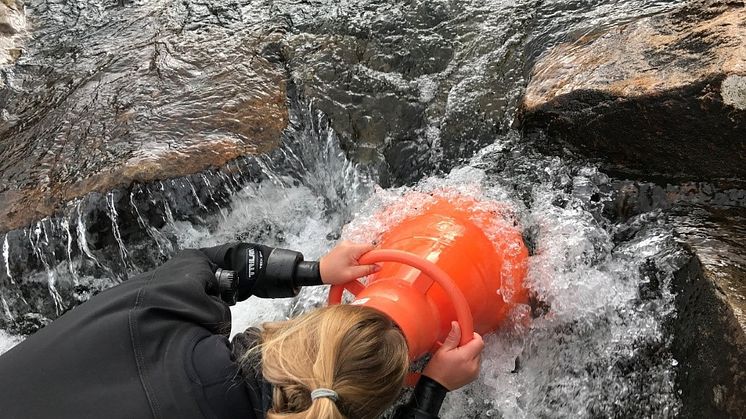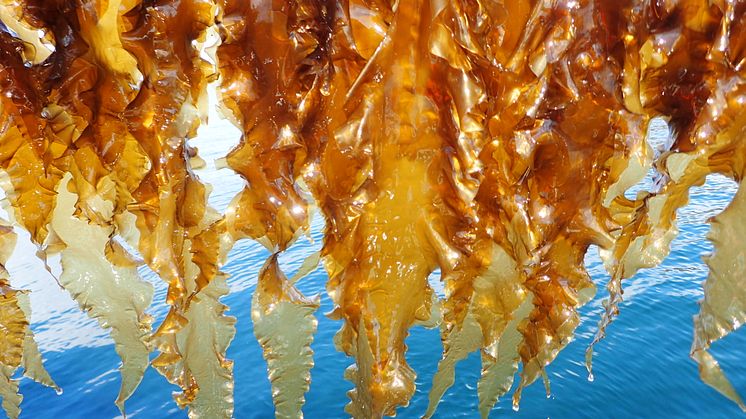Akvaplan-niva AS er et forsknings- og rådgivingsselskap i NIVA-gruppen (Norsk institutt for vannforskning). NIVA-gruppen består av stiftelsen NIVA, og de heleide datterselskapene Akvaplan-niva AS, NIVA Chile og NIVA China Ltd med over 400 ansatte og sterke fagmiljø. Akvaplan-niva har hovedkontor i Framsenteret i Tromsø og kontorer i Alta, Bodø, Trondheim, Oslo, Bergen og Reykjavik. Vi har pr i dag 130 ansatte. Vår forskningsstasjon FISK ligger på Kvaløya, ca 2 mil fra Tromsø sentrum.
Vi tilbyr rådgivningstjenester og FoU-bistand innen akvakultur for alle vann-tilknyttede miljøutfordringer. Forskning er en meget viktig del av vår virksomhet og våre forskere har kompetanse innen biologi, økologi, økotoksikologi, kjemi og oseanografi. Våre viktigste kundegrupper er havbruksnæringen, energi-sektoren og ulike forskningsfond. Akvaplan-niva er ISO 9001 sertifisert og har egne kjemiske og biologiske laboratorier som er akkreditert i henhold til anerkjente standarder.
